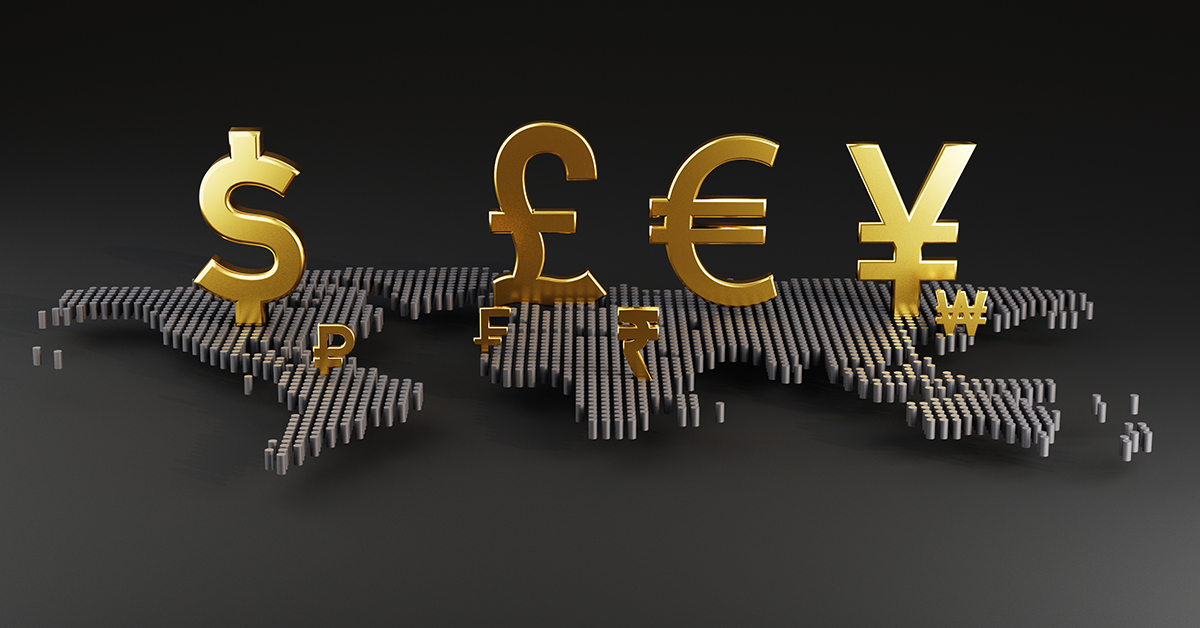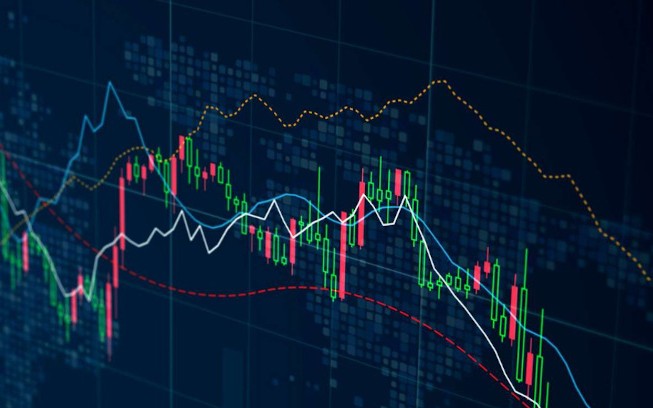Understanding the Meaning of Forex Trading 1925682047

Forex trading, or foreign exchange trading, is the process of exchanging one currency for another in the global marketplace. It involves trading currencies in pairs, such as EUR/USD, where one currency is bought while the other is sold. This multifaceted market is the largest in the world, with an average daily trading volume exceeding $6 trillion. The importance of Forex trading can be encapsulated in its ability to provide liquidity and facilitate global trade. For those looking to start their journey in this vibrant field, working with reliable forex trading meaning Argentina Brokers is essential.
What Is Forex Trading?
Forex trading can be defined as the simultaneous buying of one currency and selling of another. The marketplace for foreign exchange operates 24 hours a day, five days a week, allowing traders to engage in currency transactions at any time. This market is decentralized, meaning there is no central exchange; instead, trading occurs electronically over-the-counter (OTC) networks.
The price of a currency pair is determined by the exchange rate, which reflects the value of one currency in relation to the other. For example, if the EUR/USD pair is trading at 1.20, it means that one Euro can be exchanged for 1.20 US Dollars. Traders aim to profit from changes in exchange rates, which can be influenced by a multitude of factors including economic indicators, geopolitical events, and market sentiment.
The Importance of Forex Trading
The significance of Forex trading encompasses various aspects:
1. **Liquidity**: Forex is the most liquid market in the world, meaning that traders can buy or sell currencies in massive quantities without affecting their prices significantly. This liquidity is crucial for traders seeking to enter and exit positions swiftly.
2. **Accessibility**: The Forex market is accessible to all types of investors, from institutional traders to retail forex traders. This accessibility is largely due to the low barriers to entry, with many brokers offering accounts that require only a small initial deposit.
3. **Profit Potential**: With the right strategies and risk management techniques, traders can achieve substantial profits. The leverage offered by Forex brokers allows traders to control large positions with a relatively small amount of capital, increasing both potential returns and risks.
4. **Global Trade Facilitation**: Forex trading supports international business transactions. Companies involved in trade often need to convert currencies to conduct their operations, creating a demand for exchanging currencies.
5. **Economic Indicators Reflection**: The Forex market is sensitive to global economic developments. Economic indicators like GDP growth, unemployment rates, and inflation can have profound effects on currency values. This insight is beneficial for analysts and traders who use these indicators to make informed decisions.

Basic Principles of Forex Trading
Understanding the fundamental principles of Forex trading is essential for success. Here are some key concepts:
– **Currency Pairs**: Currencies are traded in pairs, and they are categorized into major, minor, and exotic pairs. Major pairs like EUR/USD and USD/JPY are the most traded, while minor pairs may not include the USD.
– **Bid and Ask Prices**: The bid price is the price at which the market will buy a specific currency pair, while the ask price is the price at which the market will sell it. The difference between these two prices is known as the spread.
– **Pips**: A pip is a unit of measurement for currency movement and is typically the fourth decimal place in most currency pairs (0.0001). Understanding pips is crucial for measuring profit or loss.
– **Leverage and Margin**: Leverage allows traders to control large positions with a small amount of capital. However, it can amplify both gains and losses. Margin refers to the amount of money required to open a leveraged position.
– **Order Types**: Traders use various order types, including market orders, limit orders, and stop-loss orders, to manage trades effectively.
Strategies for Successful Forex Trading
There are numerous strategies that traders can employ in Forex trading, and the right approach often depends on individual trading styles and risk tolerance:
1. **Technical Analysis**: This involves analyzing price charts and using indicators to forecast future price movements. Technical traders look for patterns and trends to identify potential entry and exit points.
2. **Fundamental Analysis**: Traders who use fundamental analysis focus on economic news and events that might impact currency values. They evaluate factors such as interest rates, inflation, and geopolitical developments.
3. **Swing Trading**: Swing traders look to capture short- to medium-term price movements. They typically hold positions for several days to weeks, aiming to profit from market swings.

4. **Day Trading**: Day traders buy and sell currency pairs within a single trading day, looking to capitalize on intraday price movements. This strategy requires a keen understanding of market trends and quick decision-making.
5. **Scalping**: Scalping is a high-frequency trading strategy that involves making numerous trades throughout the day to accumulate small profits on each trade. This method requires a high level of focus and discipline.
Risks and Challenges in Forex Trading
While Forex trading presents numerous opportunities, it is also fraught with risks. Traders must be aware of the challenges they may encounter:
1. **Market Volatility**: Currency values can fluctuate dramatically due to sudden economic events or geopolitical developments. This volatility can lead to significant gains, but also severe losses.
2. **Leverage Risks**: While leverage can magnify profits, it also increases potential losses. Traders must use caution and implement risk management strategies to protect their capital.
3. **Psychological Factors**: Trading can be emotionally taxing. Fear and greed can lead to impulsive decisions, potentially resulting in poor trading performance. Maintaining discipline and a sound trading plan is crucial.
4. **Information Overload**: The vast amount of information available can overwhelm traders. It’s essential to focus on reliable sources and pertinent data while avoiding unnecessary distractions.
5. **Regulation and Scams**: The Forex market is decentralized and can attract unscrupulous brokers. Traders should thoroughly research brokers, focusing on their regulatory status and reviews.
Conclusion
In summary, understanding the meaning of Forex trading is vital for anyone looking to enter this dynamic and potentially lucrative market. The concept revolves around the exchange of currencies, driven by a myriad of factors that affect exchange rates. By developing solid trading strategies, honing analytical skills, and understanding the risks involved, aspiring traders can navigate the Forex landscape more effectively.
Forex trading is not just a pursuit for financial gain; it represents the intersection of global economies and financial systems. As such, it requires dedication and continuous learning. Whether you are a novice or an experienced trader, leveraging trusted resources and reputable brokers can enhance your trading experience and potential outcomes. Start your Forex journey today and embrace the vast opportunities that this market offers.
